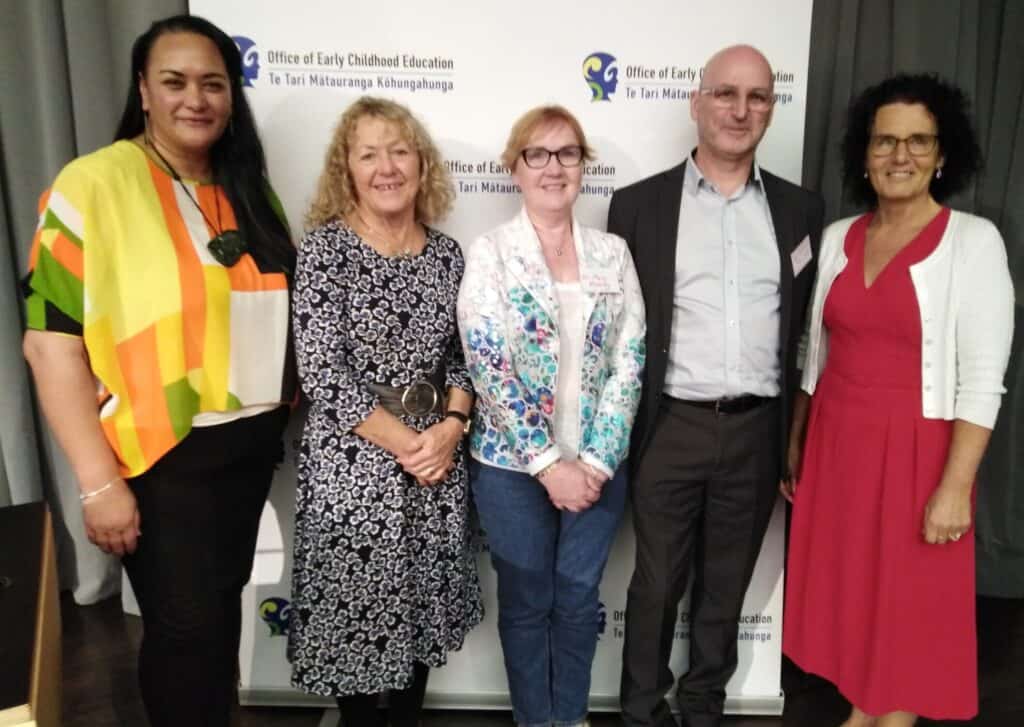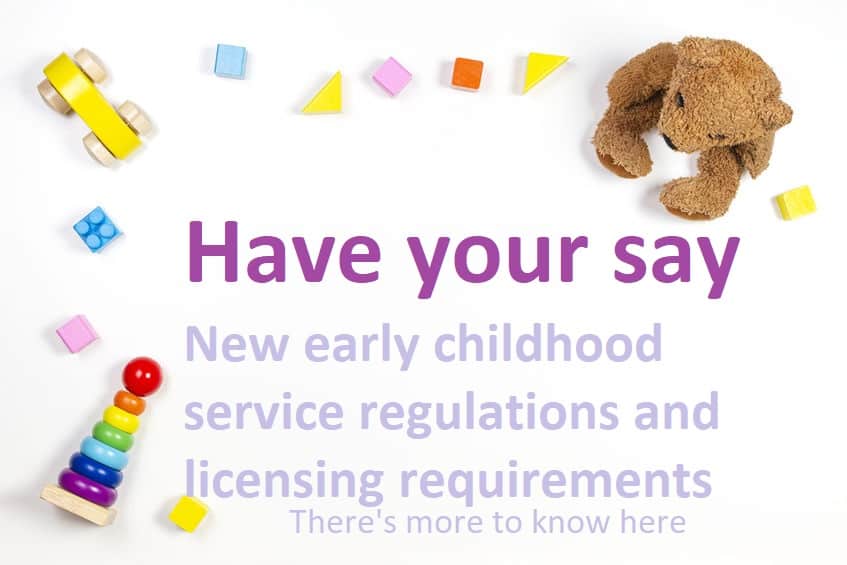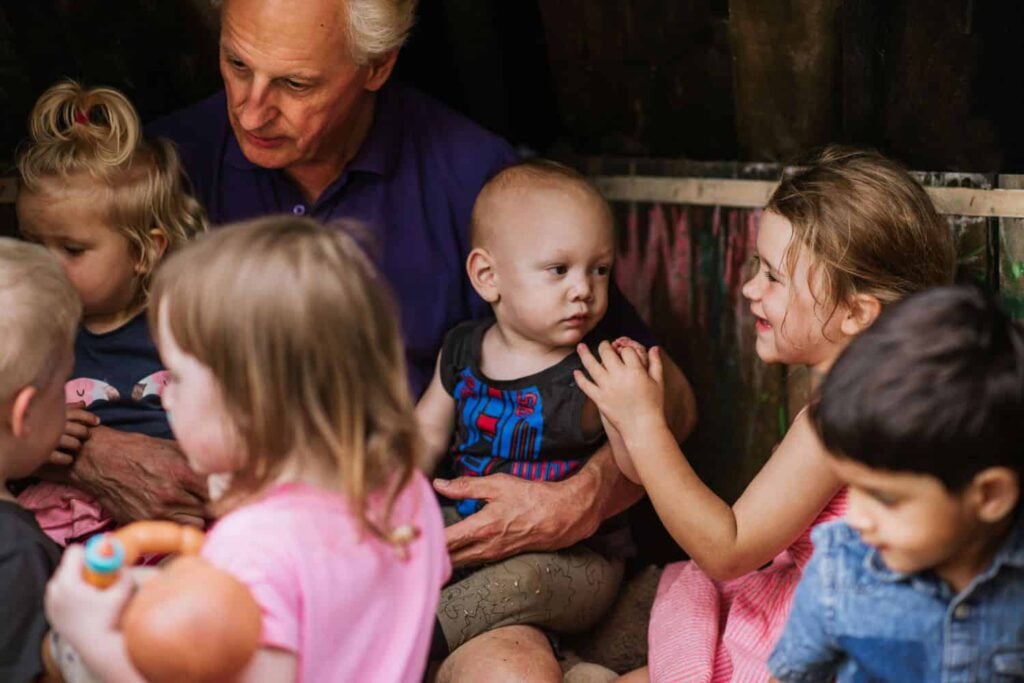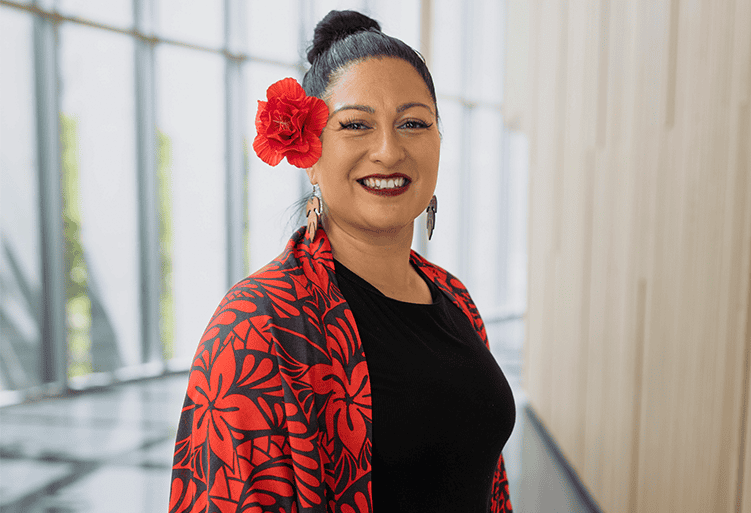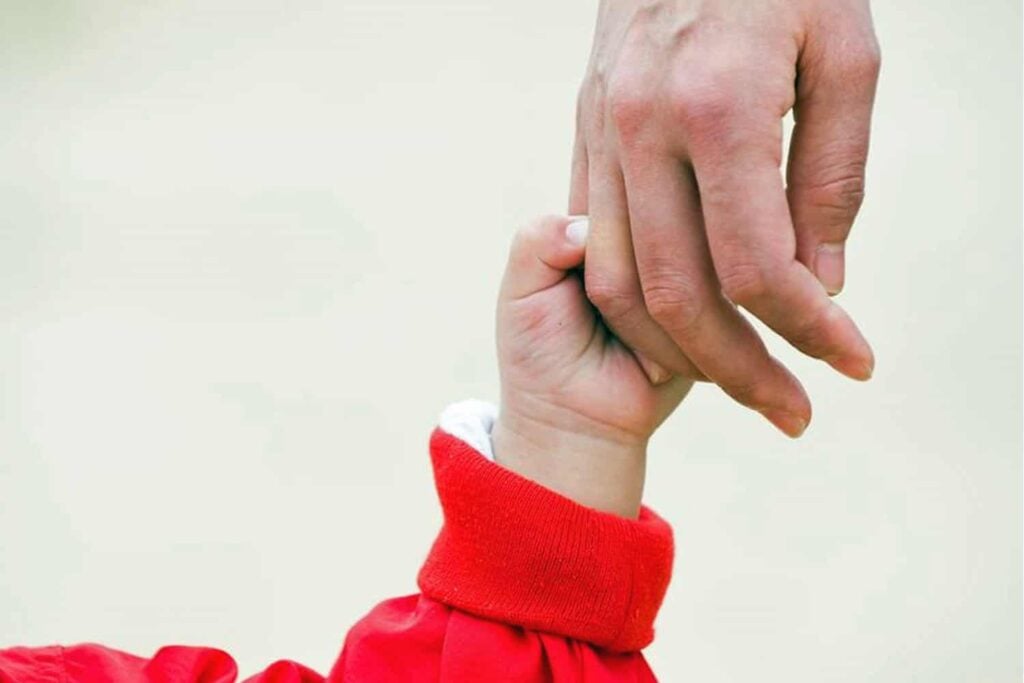How ECE regulation and policy changes are breaching children’s rights (an advocate explains)
NEWS/INTERVIEW.
1 August 2025.
Changes to ECE policy and regulations – from the winding back of pay parity to removing requirements for services to acknowledge tangata whenua and respect children’s cultural backgrounds in their teaching – are undermining children’s rights, an advocate says.
“This Government is not making children a policy priority,” Dr Sarah Te One, independent researcher and member of the Children’s Rights Alliance Aotearoa New Zealand (CRAANZ) Steering Committee, told the Office of Early Childhood Education (OECE) in an interview.
The UN Convention of the Rights of the Child, which New Zealand has ratified, requires signatories to uphold “all rights for all children at all times in everything that they do”, she said.
This international law specifies that tamariki have many rights, but most critically they have the right to be protected from all forms of discrimination, to have their best interests upheld, the right to life, survival and development to reach their full potential, and the right to express a point of view.
However, in Te One’s view, we as a country do not have the best track record in upholding these rights – and recent decisions by the Government have threatened them further.
She said on the regulations review, the public has been “sold a dud that somehow regulations inhibit the offering of good services [when] in fact we know that that is not the case. Regulations are a way of ensuring that children are protected, that their best interests are taken into account”.
Of chief immediate concern to her was how moves to make it optional for ECE services to acknowledge tangata whenua and for kaiako to be culturally competent have left mokopuna Māori and their whānau vulnerable: “Right at this moment tamariki Māori’s rights to identity are absolutely threatened by the actions of this government, which have seen them diminished. We can only call that a deliberate policy”.
Research has shown that even at a young age children experience exclusion and structural discrimination. Recent reports have also revealed that working conditions are difficult for kaiako, and children with disabilities are often unable to get the learning support they need in ECE.
Te One was also concerned about the Ministry of Regulation’s recommendation, which has been approved by Cabinet, to make qualification requirements more “flexible” for ECE services.
“We need to ask: how does that ensure children’s survival and development? How does that ensure they will reach their potential? How does that ensure they will not be discriminated against? You can apply those big principle rights.
“How does that ensure that their voices are heard? How does that ensure that you are acting in their best interest? When you employ an untrained teacher over a trained teacher, there’s no evidence that that would be in the best interests.”
The same logic applies to the implications of moves to scale back pay parity and quash the pay equity claim for ECE teachers, she said: “When you reduce their ability to [get] fair pay, how does that attract good people to our sector… when every bit of evidence goes to show qualified, well trained, well paid kaiako make a difference?”
If we continued down the current trajectory, where the focus of ECE in general is on operating businesses, and policy is focused on supporting the market rather than caring for and about children, Te One expected that existing inequities among children will worsen.
“There are certain groups of children who are doing it much, much tougher than others. These include mokopuna Maori, mokopuna whaikaha (disabled children), refugee, migrant communities, Pacific communities. If things continue the way they are it will make it even tougher for them.”
“There seems to be almost a deliberate misunderstanding of the benefits of ensuring children’s rights are upheld. When children and families are doing well, society is doing well. So when you support children’s rights to survive, to thrive, their wellbeing, their learning, their education, it makes a huge difference to social cohesion.”
Te One wanted to see a free universal early childhood education service introduced and made accessible to all tamariki.
She also advocated for the Convention of Rights of the Child to be incorporated into New Zealand law, which would ensure children’s rights were always prioritised during policy making – including embedding a child-rights focus into the Ministry of Education and Ministry for Regulation work in ECE, advice and decision-making.

